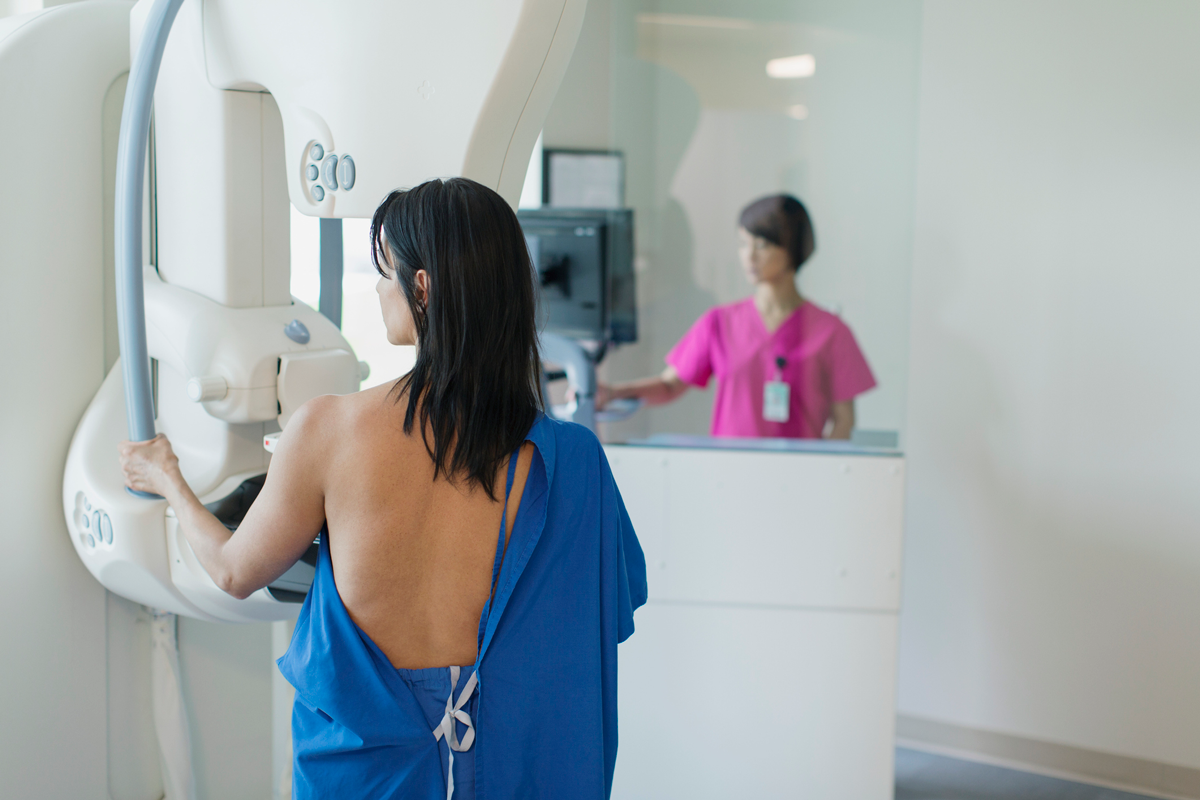A couple of weeks ago, the World Health Organization (WHO) weighed in on the possible link between aspartame and cancer. More specifically, the International Agency for Research on Cancer (IARC) discussed aspartame for the first time and judged it as “possibly carcinogenic to humans.” For those who haven’t been following this news, aspartame is an artificial sweetener most widely used in diet soda, including Diet Coke.
The subsequent discussion has been confusing. On one hand, the phrase “possibly carcinogenic” is very concerning. On the other hand, most of the language coming out of even this initial WHO document suggests that people shouldn’t be concerned about consuming “typical amounts” of aspartame. I think the discussion is well summarized by a paraphrase of this headline in Insider: “Aspartame is a ‘possible carcinogen’ but still safe to ingest.”
Today I’m going to break down the context for this in the hopes of making it clear what is actually going on here. Because we all care about our health, but, as one reader told me, “I just want to enjoy my Diet Coke without thinking about my mortality.”
What actually happened?
The IARC is an agency within the WHO that is responsible for, among other things, classifying agents by their potential to cause cancer. Overall, they have classifications for over 1,000 cancer risks — from viruses to chemicals to lifestyle choices (note: they do not include genetic risk classifications). You can see the full list here.
When evaluating agents, the IARC uses four classifications:
- Group 1: carcinogenic to humans
- Group 2A: probably carcinogenic to humans
- Group 2B: possibly carcinogenic to humans
- Group 3: Not classifiable as carcinogenic
They note that group 3 doesn’t mean that something doesn’t cause cancer, just that they cannot classify it due to lack of evidence. The kind of evidence the IARC is looking for includes studies in people, studies in animals, and possible mechanistic pathways.
Group 1 here includes many things that are unsurprising: hepatitis C virus, HPV, tobacco, radiation, many industrial exposures. It also includes some situations in which the evidence is more nuanced — oral contraceptives, for example. People definitely take issue with the interpretation of some of the individual items on this list, but overall these are often accepted.
As we move into groups 2A and 2B, we encounter cases where the evidence is much weaker — unsurprising, given the classifications. But to give you a sense of some behaviors that are classified in group 2A (“probably carcinogenic”), we have:
- Red meat consumption
- Drinking very hot beverages
- Working night shifts
For something like red meat consumption, the evidence here is largely based on correlations between red meat consumption and cancer risk. Those correlations are there, of course, but as I’ve talked about many times before, correlation isn’t the same as causation.
Aspartame has been classified in group 2B (“possibly carcinogenic”). Also in this group:
- Aloe vera
- Low-frequency magnetic fields (see my discussion here)
- Pickled vegetables
- A variety of food dyes
For something like low-frequency magnetic fields, where I know the data well, the claim for a causal link is quite weak. I don’t think the IARC disagrees with this — but the reality is that the classification “2B” doesn’t require strong evidence. Anything that whiffs or hints in the direction of a link can trigger it.
Aspartame
Studying the relationship between aspartame and health is hard. This is true for at least two reasons.
First: consumption of aspartame is associated with other demographic characteristics. Consumers of aspartame tend to have lower educational attainment and fewer income resources than non-consumers. These characteristics are associated with higher rates of cancer, due to other behaviors and also to differences in medical access. Separating out the aspartame effect is a challenge.
A second issue is that often people adopt diet soda when they are trying to improve their health. In particular, higher aspartame consumption is associated with a higher BMI — not because it is high in calories but because there is selection in who consumes it.
These issues crop up in the data the IARC used to make their assessment. The classification of aspartame as “possibly carcinogenic” is based on a possible link with a form of liver cancer. That, in turn, is based on studies like this one, which compared liver cancer diagnoses across groups with varying consumption of artificially sweetened sodas. The researchers find a small increase in risk for additional artificially sweetened soda consumption, but those higher-volume consumers also have more other health issues.
In addition to the possible bias, the effect sizes in these studies are extremely small (and this type of liver cancer is rare). This both makes these issues less important in terms of the need to change behavior and makes it more likely that other differences across groups play a role. Put simply: those differences wouldn’t have to be very large or important in order to eliminate this effect.
Looking at this together it seems clear that there is, as the WHO says, “limited” evidence that aspartame causes cancer in humans, certainly at the levels that it is typically consumed. The report discusses the possibility of more risks at very high consumption levels — say, if you drink 15 to 20 diet sodas a day — but this type of consumption is so rare that it’s even more difficult to imagine actually identifying impacts there.
The IARC has a hard job
Looking at the evidence on aspartame, from an individual standpoint, this falls very much into the “try not to think about it” category. There is little reason to think there is a relationship between aspartame and cancer. Could there be some tiny impact of aspartame on cancer? Of course. Very small effects are extremely difficult to rule out, especially with such limited data, and especially with a disease like cancer, which is so varied and can strike with such randomness.
Sometimes my read of the data on topics like this differs from official bodies, but this actually isn’t one of those times. By their own language, the IARC says there is limited risk here. Given this, a reasonable person might ask why they talk about this at all — why label it “possibly” a carcinogen?
The answer, I think, lies in why the IARC has a hard job. They could ignore aspartame. But once researchers start writing even not very high-quality papers on aspartame and cancer, it becomes hard to ignore. And once they start studying it, the standard they are holding these data to is fairly extreme. To put something in the category 2B, “possible carcinogen,” group requires only believing there is a possibility, not a probability. Ruling out the possibility of some relationship is a challenge.
If we had a large, long-term follow-up randomized trial of diet soda consumption over decades and we did not see any relationship with any kind of cancer, that would likely be enough to rule this out. In the absence of that, even a small, likely biased, observational relationship with a single kind of cancer does open up the “possibility” that there could be something — even if the probability that it is important enough to pay attention to is close to zero.
Bottom line
To the person who asked: please enjoy your Diet Coke without thinking about your mortality.
Community Guidelines


















Log in